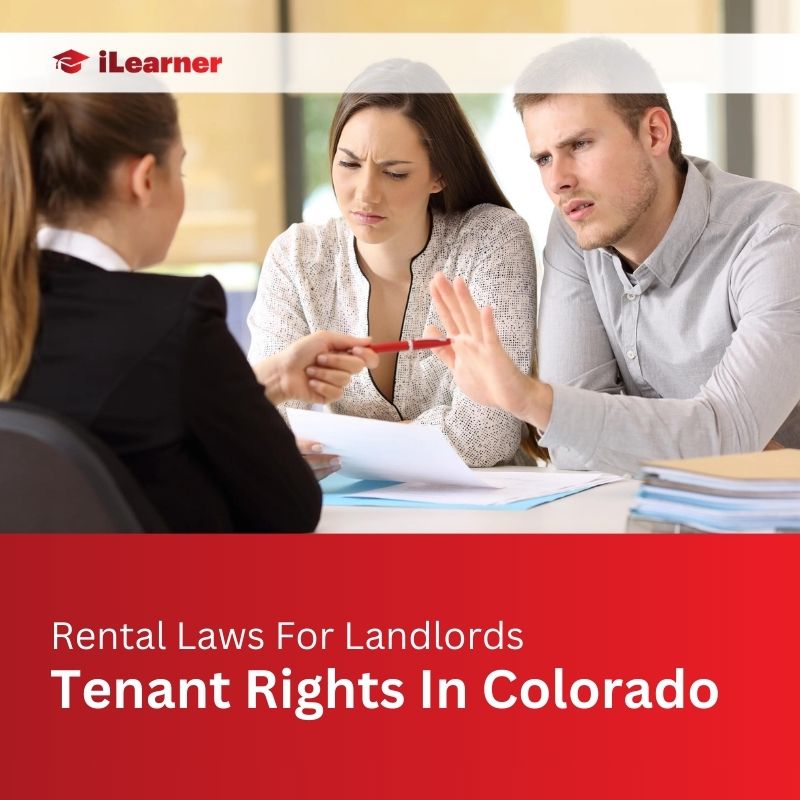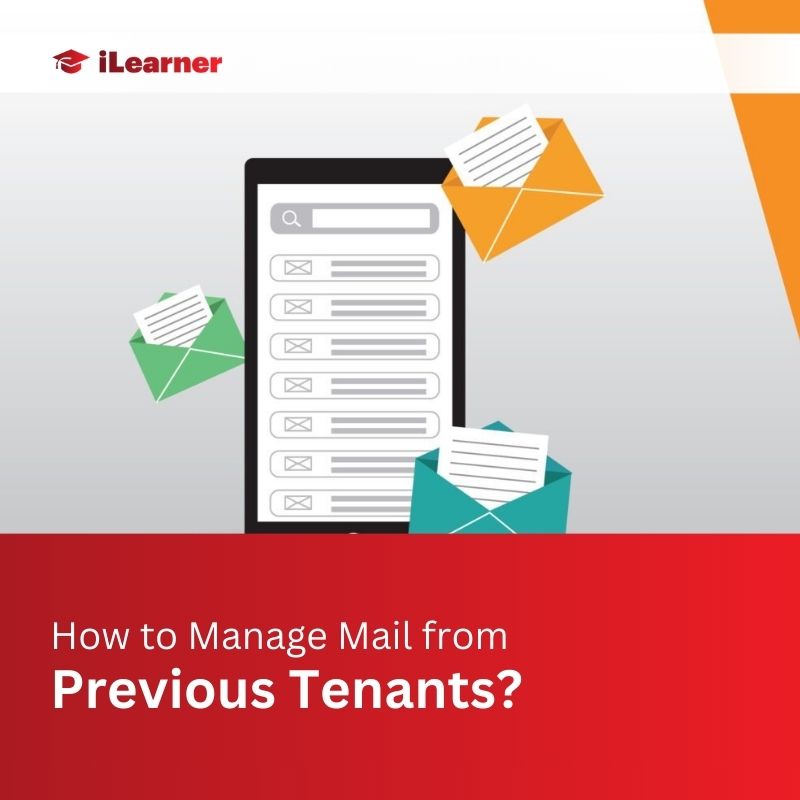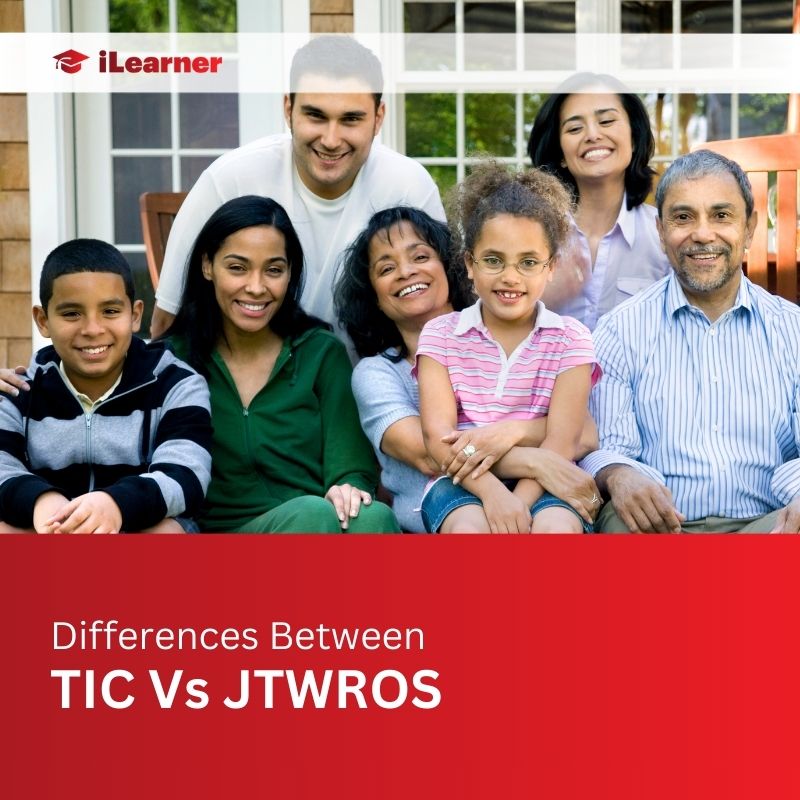In the dynamic world of real estate, understanding tenant rights is vital for Colorado landlords. Governed by the Colorado Statutes Title 38 Article 12, these laws outline the rights and responsibilities of both landlords and tenants.
This guide serves as a comprehensive resource, providing detailed insights to empower landlords in navigating Colorado’s rental landscape successfully. The goal is to equip landlords with knowledge for informed decision-making, ensuring positive and harmonious relationships with tenants.
Colorado as a Landlord-Friendly State
According to Azibo data, Colorado is considered a landlord-friendly state, ranking in the top five for on-time rent payments. This reputation is influenced by factors such as landlords’ flexibility in determining entry notice, the swift eviction process for overdue rent, and the absence of statewide rent control.
- Entry Rights: Landlords can determine the notice period before entering a rental property, offering flexibility in property management.
- Eviction Process: The state’s eviction process is expedited, especially for non-payment of rent, providing a streamlined approach for landlords to regain possession.
While Colorado maintains its landlord-friendly status, there’s a noticeable shift towards tenant-friendly policies. Striking a balance is crucial, as landlords must also adhere to regulations ensuring habitable living conditions and fair treatment of tenants.
Landlord Rights and Responsibilities in Colorado
1. Right to Collect Rent
In Colorado, landlords possess the fundamental right to collect rent from tenants. This includes setting the rental amount, specifying due dates, and establishing acceptable payment methods.
2. Deducting Damages from Security Deposit
Upon the termination of the lease, landlords have the right to deduct expenses for damages beyond normal wear and tear from the tenant’s security deposit. The deduction should adhere to the guidelines set by Colorado law.
3. Legal Action for Lease Agreement Breaches
Landlords retain the right to take legal action against tenants who breach the terms of the lease agreement. Whether it’s non-payment of rent or violation of specific lease clauses, landlords can seek remedies through the legal system.
4. Entry Rights for Emergencies, Repairs, Inspections, and Showings
Colorado grants landlords the right to enter rental properties for various purposes, including emergencies, necessary repairs, routine inspections, and property showings. While the law doesn’t mandate specific notice periods, landlords often provide reasonable advance notice unless it’s an emergency.
5. Obligations to Provide Habitable Property
Landlords are obligated to provide tenants with a habitable living space that complies with Colorado’s health and safety standards. This encompasses ensuring utilities are in good condition and addressing repairs promptly.
6. Timely Repairs and Disclosures
Timely repairs are crucial for landlords, and Colorado law stipulates that necessary repairs should be made within a reasonable period after being notified by the tenant. Additionally, landlords must disclose specific information to tenants, such as lead-based paint concentrations for properties built before 1978.
7. Security Deposit Handling
Colorado landlords must handle security deposits in accordance with state laws. This includes returning the deposit within 60 days of lease termination and providing a written statement detailing deductions for damages or unpaid rent.
Tenant Rights and Responsibilities in Colorado
1. Right to Habitable Housing
Tenants have the unequivocal right to live in a rental property that meets Colorado’s health and safety standards. This encompasses a livable environment, functioning utilities, and prompt repairs.
2. Quiet Enjoyment of Rental Property
Colorado tenants have the right to “quiet enjoyment,” ensuring they can live in their rented premises without unnecessary disruptions from landlords or other external sources.
3. Security Deposit Return
Upon lease termination, tenants are entitled to the return of their security deposit within 60 days. Deductions can only be made for damages beyond normal wear and tear or unpaid rent.
4. Notice for Landlord Entry
Landlords must provide notice before entering the rental property, except in emergencies. While Colorado law doesn’t specify a notice period, common practice involves giving tenants reasonable advance notice.
5. Legal Eviction Process
In the event of eviction, landlords must follow the legal process outlined in Colorado law. This involves providing appropriate notices, such as a 5-day notice for unpaid rent, and pursuing formal eviction through the court system.
6. Pet Deposits and Rent Regulations (2024 onwards)
Starting in 2024, landlords are subject to specific regulations regarding pet deposits and rent. Pet deposits cannot exceed $300, and pet rent is capped at $35 per month.
7. Rent Payment Responsibilities
Tenants are responsible for paying rent on time, adhering to the terms of the lease agreement. Colorado law provides certain protections, such as a grace period and limitations on late fees, to ensure fair treatment of tenants in rent-related matters.
Rental Cycle: Application to Lease Termination
1. Tenant Screening Laws
Landlords in Colorado have the right to screen prospective tenants through an application process. However, application fees are regulated, and landlords can only charge fees that cover the processing costs. Refunds are required if any portion remains unused, emphasizing transparency in tenant selection.
While landlords are not prohibited from asking specific questions, they must be mindful of Federal Fair Housing laws. Arrest or conviction records older than five years, except for certain offenses, cannot be considered. Additionally, rental or credit history beyond seven years preceding the application date is off-limits.
2. Lease Agreement Requirements
Colorado accepts both oral and written lease agreements. However, leases exceeding one year must be in writing. The state does not mandate specific clauses, but certain provisions are prohibited, such as waiving tenants’ rights to quiet enjoyment and warrant of habitability.
While landlords have flexibility in determining rent amounts, increases can only occur once in a continuous 12-month period. Notice periods differ based on the lease duration, with a minimum 21-day notice for written rental agreements.
3. Security Deposit Laws and Receipts
Colorado does not impose restrictions on the security deposit amount. However, landlords must adhere to specific regulations, including providing a written statement within 60 days of lease termination, detailing deductions and returning any remaining funds.
Unlike some states, Colorado does not mandate security deposit receipts or interest payments. Landlords are not obligated to maintain a separate bank account for deposits.
4. Rent Control Policies in Colorado
Colorado does not have statewide rent control policies. Landlords can determine rental amounts without legal restrictions. However, reasonable practices are encouraged to maintain property desirability.
5. Late Fee Regulations
Implemented from October 1, 2021, landlords cannot charge late fees until rent is seven days late. Late fees are capped at $50 or 5% of past-due rent, providing a reasonable framework for managing late payments.
Landlords cannot start eviction proceedings solely due to late fees, ensuring a fair approach to addressing late payments.
6. Repair and Maintenance Laws
Landlords are obligated to maintain habitable living conditions, addressing necessary repairs promptly. Tenants can use the “repair and deduct” remedy under specific conditions, ensuring their well-being.
While tenants have the right to request repairs, they are also responsible for minor repairs and maintaining the property in good condition.
7. Notice of Entry Rules
Colorado does not have specific notice of entry rules. While landlords are not obligated to provide notice, a common practice is to give tenants one to two days’ notice, except in emergencies, promoting mutual respect and communication.
Eviction Laws in Colorado
In Colorado, landlords can issue a five or ten-day notice for non-payment based on their property count. Failure to comply initiates formal eviction proceedings.
Lease agreement violations prompt a notice to remedy, and if unresolved, landlords must follow formal eviction procedures.
Colorado mandates a court-based eviction process, barring “self-help” measures. Unlawful attempts lead to legal consequences for landlords.
Tenants can terminate leases early in Colorado under specific conditions outlined in the lease, including active military service or hazardous living conditions.
Colorado strictly forbids self-help evictions, emphasizing legal eviction processes and penalizing landlords for non-compliance.
Additional Landlord-Tenant Laws in Colorado
1. Renter Discrimination Laws
Colorado landlords must adhere to the Federal Fair Housing Act, preventing discrimination based on protected characteristics like race, color, religion, sex, national origin, familial status, marital status, or disability.
2. Retaliation Laws and Limitations
Retaliation laws exist but favor landlords. To claim retaliation, tenants must prove a breach of the warrant of habitability and establish a clear link between their complaint and any alleged retaliatory actions.
3. Required Disclosures in Lease Agreements
Landlords are legally obliged to disclose vital information:
- Contact Information: Landlords must provide their name and address.
- Bed Bugs: History disclosure and inspection date if requested.
- Lead Paint Disclosure: Mandatory for pre-1978 built properties.
4. Upcoming Changes or Considerations
Starting 2024, new regulations impact pet-related fees:
- Pet Deposit Limit: Capped at $300.
- Pet Rent Cap: Monthly limit of $35.
Staying informed about these changes is crucial for landlords to maintain compliance and tenants to understand their rights.
Resources for Landlords and Tenants
- Colorado landlords and tenants can access legal aid services for guidance. Pro bono legal services may be available for those with financial constraints.
- Educational platforms, including websites, articles, and FAQs, help enhance understanding of rights and responsibilities.
- For dispute resolution, mediation services provide alternatives to lengthy legal battles.
- Local housing authorities offer information on regulations and assistance programs for landlords and tenants.
- Tenant associations serve as valuable resources, providing community support and insights into common tenant issues.
Conclusion
In summary, a successful landlord-tenant relationship in Colorado relies on understanding rights and responsibilities.
This guide covers crucial aspects within the state’s legal framework, emphasizing transparency and open communication for cooperation. While informative, seek personalized legal advice for specific situations.
Navigating Colorado’s rental landscape demands an informed approach and legal support for a positive rental experience.
Also Read:




